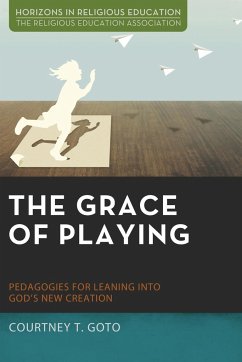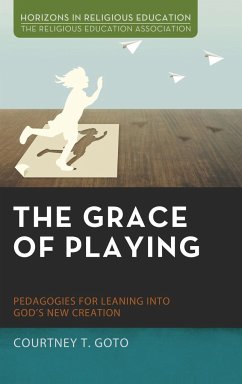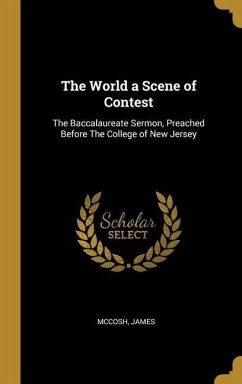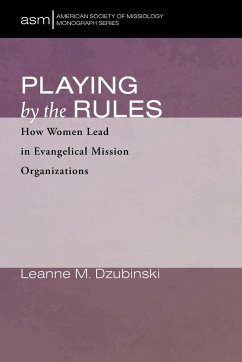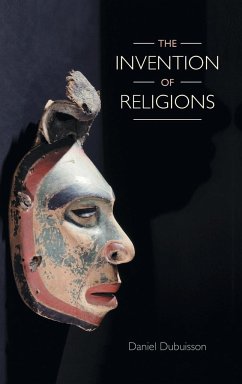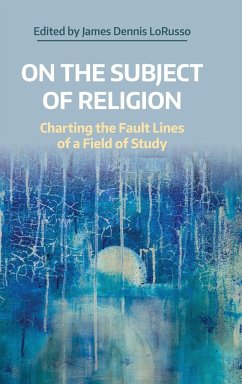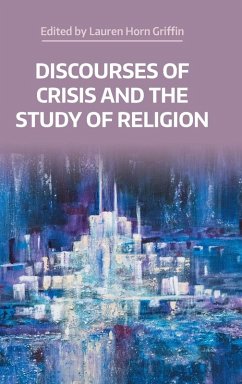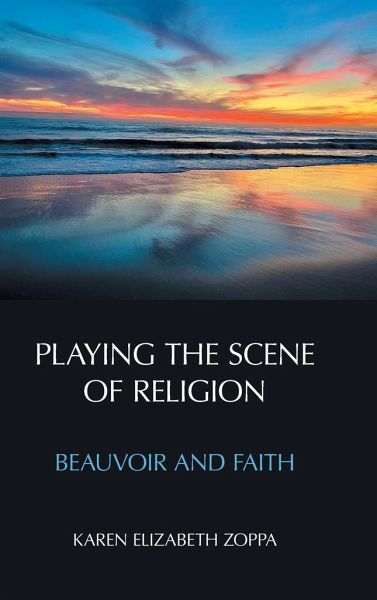
Playing the Scene of Religion
Beauvoir and Faith
Versandkostenfrei!
Versandfertig in 1-2 Wochen
75,99 €
inkl. MwSt.

PAYBACK Punkte
38 °P sammeln!
Playing the Scene of Religion interrogates popular notions of religion by reading it, out of Derrida and Certeau, as a signifier for a situated historical scene, and shows the existential philosophy of Simone de Beauvoir as a performance of that scene. In particular, it shows how the structure of relationships Beauvoir presents in her ethics reproduces the rhythms of the scene of religion. Simone de Beauvoir, one of the most famous existential philosophers of the 20th century, is a confirmed atheist. Despite this, she also engages and reassigns faith, the faith that is usually associated with ...
Playing the Scene of Religion interrogates popular notions of religion by reading it, out of Derrida and Certeau, as a signifier for a situated historical scene, and shows the existential philosophy of Simone de Beauvoir as a performance of that scene. In particular, it shows how the structure of relationships Beauvoir presents in her ethics reproduces the rhythms of the scene of religion. Simone de Beauvoir, one of the most famous existential philosophers of the 20th century, is a confirmed atheist. Despite this, she also engages and reassigns faith, the faith that is usually associated with 'religion,' and iterates it in the service of her existential ethics. Beauvoir's ethic is founded in the axiom that 'I concern others, and they concern me. There we have an irreducible truth.' From this assumption, she articulates the principles for living an ethical life which honours above all the freedom of the other in a world fraught with contingency and ambiguity. In so doing, she enjoins us to undertake our efforts in generosity and risk, in faith toward each other, because only by doing so can we achieve the transcendence given in the existential condition. In this way, Beauvoir confirms and performs a different reading of religion: as the scene of the self and other, of the appeal and response, of the holy and the faithful, which constitutes the history of European civilization. Following a thread in the discourse on religion given in Jacques Derrida and Michel de Certeau, this book proposes a theoretical apparatus for 'religion' that offers a different appreciation of Beauvoir's ethics. One of the implications is that existential philosophy can only emerge in the context of religion, and is necessarily an iteration of religion. The other implication is that we might reassess how we code the category 'religion' in our public and private discourse, with all the disruption that such a different coding might entail.



